At its narrowest point, the Bab al-Mandab Strait is just 30 kilometers wide. If the space occupied by Mayyun Island is subtracted, there are only 22 navigable kilometers left, nine more than in the Strait of Gibraltar. The gateway to the Red Sea is a funnel for trade between Asia and Europe at one of its nerve points, on the way to the Suez Canal. 12% of world trade and 30% of merchandise traffic circulated through the waters that separate Yemen and Djibouti; Every day, fifty ships capable of transporting products worth up to 9 billion dollars crossed this point.
They crossed, in the past, because the area has become one of the hottest spots on the planet. Since last November 19, the Houthi rebels who control the coast of Yemen hijacked the cargo ship Galaxy Leader in an operation worthy of a movie, attacks have multiplied. They are the response that these Shiites give to Israel's military offensive in Gaza and have caused a rout among the world's main shipping companies, which have chosen to go around all of Africa to reach Europe. It is an alternative trip that adds about 7,000 kilometers to the journey, between 10 and 15 days of navigation and several million dollars to the bill.

Towards the Strait of Gibraltar
Territory controlled by the Houthis
Bab el-Mandeb Strait
Route to circumnavigate Africa through the Cape of Good Hope (South Africa)
17 cargo ships attacked since November 19
The five most used sea routes
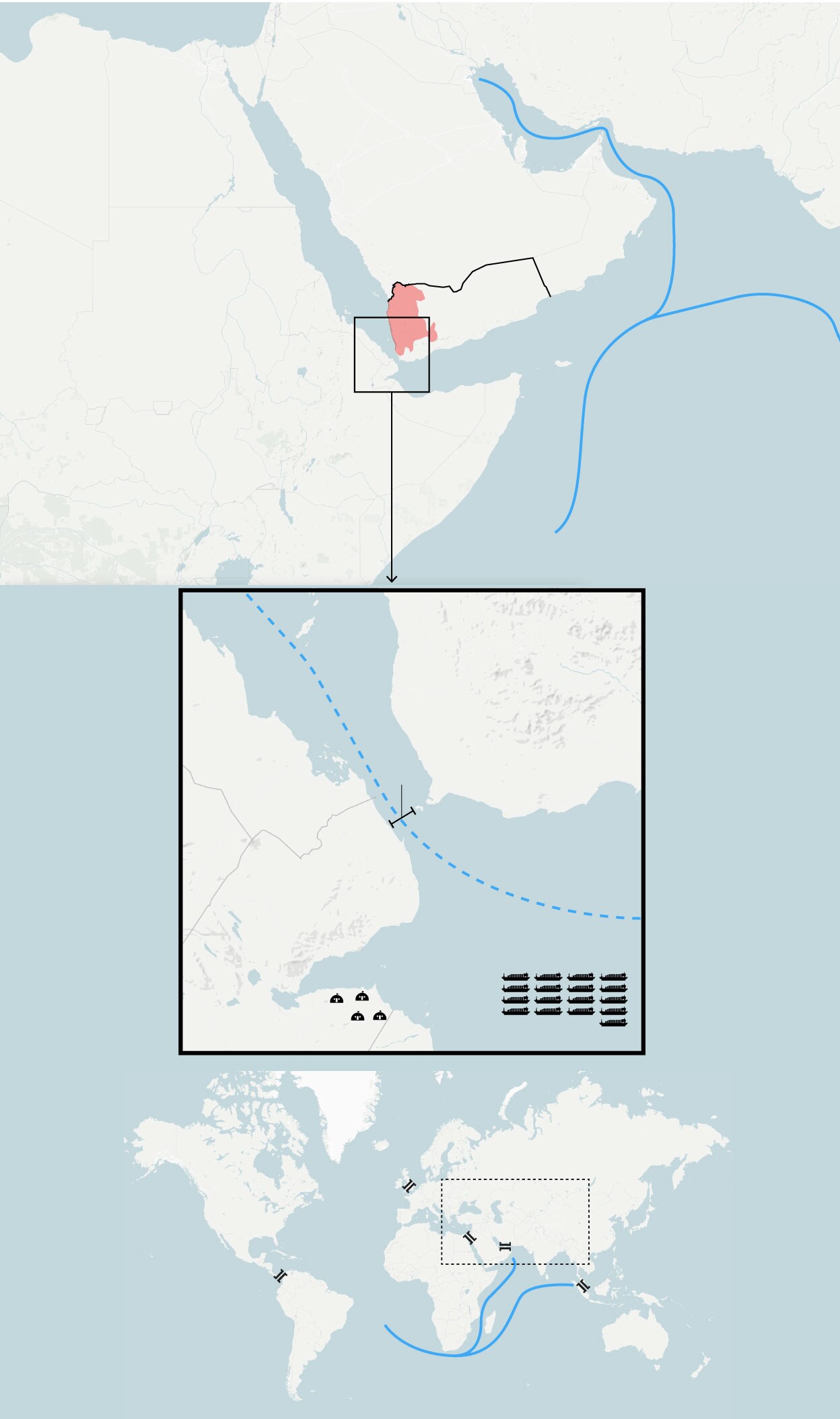
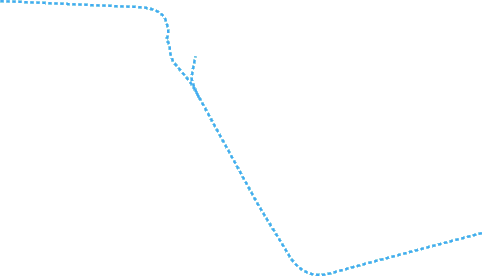
Towards the Strait of Gibraltar
Route ruled out due to Houthi attacks
Territory controlled by the Houthis
Towards the strait
from Malacca
Bab el-Mandeb Strait
Route to circumnavigate Africa through the Cape of Good Hope (South Africa)
17 cargo ships attacked since November 19
The five most used sea routes
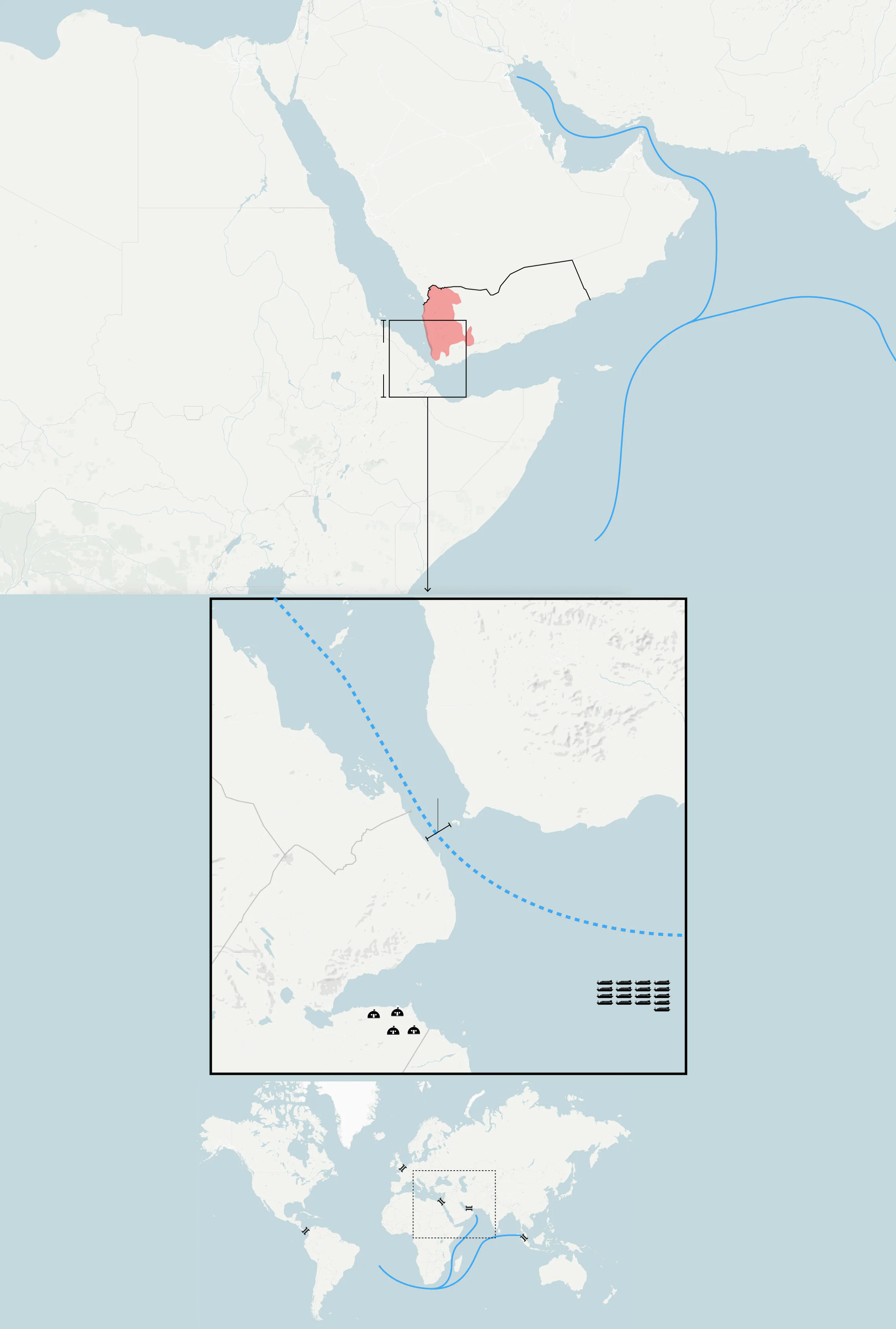
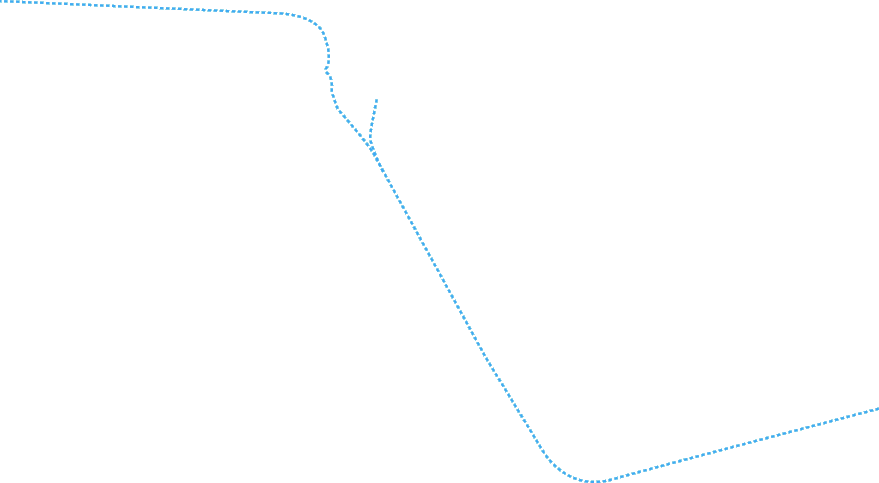
Towards the Strait of Gibraltar
Persian Gulf oil tankers
Territory controlled by the Houthis
Towards the strait
from Malacca
Route ruled out due to Houthi attacks
Bab el-Mandeb Strait
Route to circumnavigate Africa through the Cape of Good Hope (South Africa)
17 cargo ships attacked since November 19
Foreign military bases
The five most used shipping routes in the world
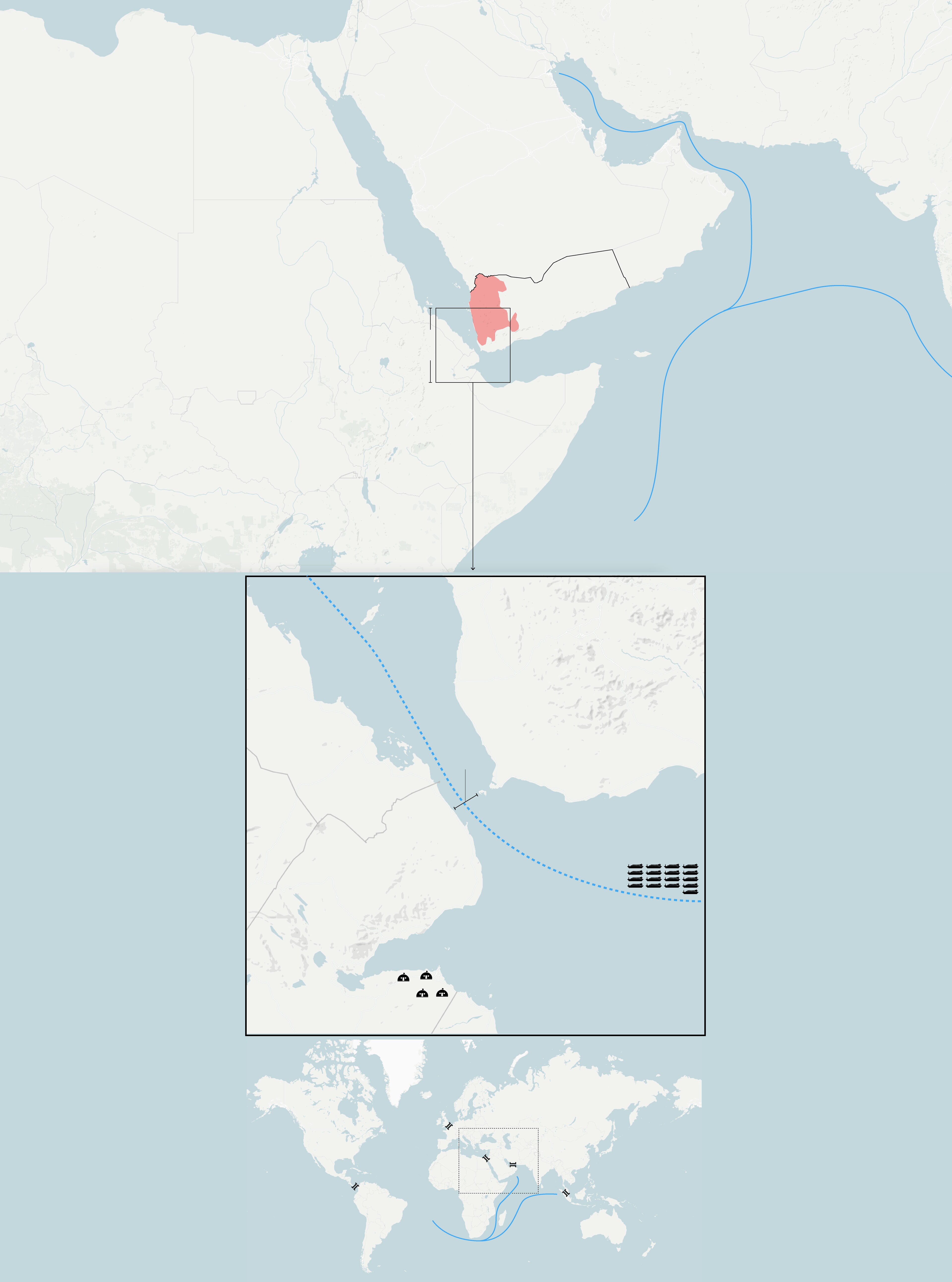
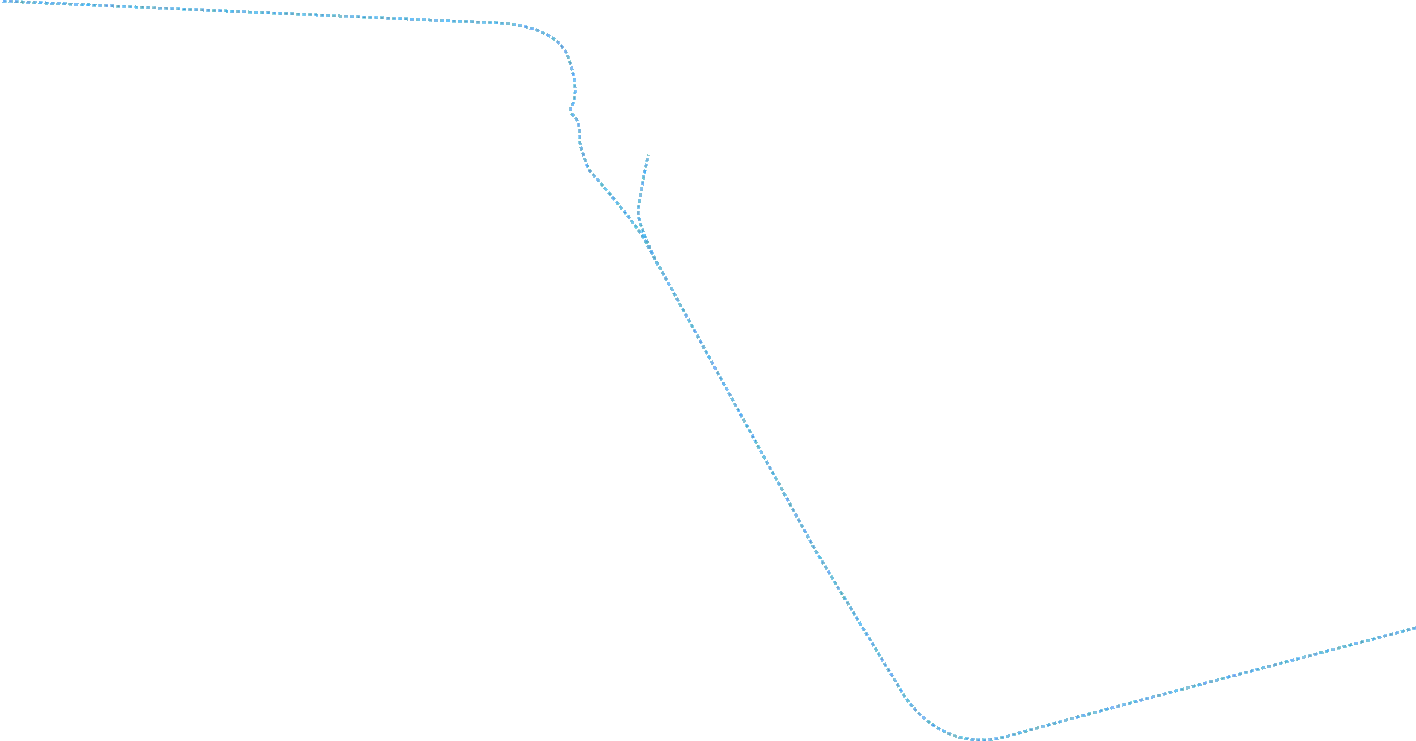
Towards the Strait of Gibraltar
Persian Gulf oil tankers
Territory controlled by the Houthis
Bab el-Mandeb Strait
Towards the strait
from Malacca
Route ruled out due to Houthi attacks
Route to circumnavigate Africa through the Cape of Good Hope (South Africa)
17 cargo ships attacked since November 19
Foreign military bases
The five most used shipping routes in the world
Naval battle
The reaction of the United States and the countries that accompany it in Operation Guardian of Prosperity has been overwhelming. The American superpower has deployed a second attack group in the area, led by the aircraft carrier USS Dwight D. Eisenhower and made up of destroyers and other warships, and on December 30, its combat helicopters staged the first naval confrontation.
Houthi ships tried to board the Maersk Hangzhou container ship, but security forces on board managed to repel the attack until the US military appeared, sinking three of the vessels and killing 10 rebels. «We are willing to take decisive action, and we will not hesitate to continue doing so to avoid threats to free transit through the Red Sea. The Houthis should not be confused, we are committed to pursuing those who carry out attacks and kidnappings,” warned British Defense Secretary Grant Shapps.
For his part, the head of Foreign Affairs of the United Kingdom, David Cameron, called his Iranian counterpart to make things equally clear. «Iran also has a responsibility in preventing these attacks, since it has been supporting the Houthis for a long time. And the situation is a threat to the lives of innocent people and the global economy,” he commented after the conversation on the last day of 2023. But it does not seem that the ayatollahs have been intimidated, because on Wednesday they decided to break into the war theater of the Mar Red with a destroyer, the Alborz. “The Iranian Navy has been in the area since 2009 to ensure the transit of goods, combat pirates and other objectives,” the Tasnim news agency reported without making any mention of the Houthis.
Fear of contagion of the conflict
«This ship will carry out intelligence work to collect US movements in the area, and seek to serve as a deterrent for actions against the Houthis. It will undoubtedly inhibit some of our maneuvers, because it is a factor that must be taken into account and that increases tension in the region and reflects Iran's hegemonic aspirations,” the former supreme commander of NATO's allied forces stated on CNN, retired General Wesley Clark. «It remains to be seen if the Houthis cease their attacks or if they are emboldened by the presence of the destroyer. If the latter happens, the United States will have to face the military challenge it poses,” he added.
It will not be the only one: India has also assigned two ships to the area and China, which has a military base in Djibouti, is debating what its presence should be. In this way, they all come together in the perfect scenario for the two great actors who remain in the shadow of the Palestinian-Israeli conflict to end up facing each other face to face. The United States as the main ally of the Jewish country on the one hand and Iran, the Shiite giant, as support for Muslim groups on the other. Any miscalculation could materialize fears that the war between Israel and Hamas will spread across the Middle East. Not in vain, although the Islamic State claimed responsibility for the attacks that left almost a hundred dead in Tehran, the Iranian government did not hesitate on Thursday to point to the United States and Israel as guilty.
Unspeakable objectives
«The Houthis are not a puppet of Iran like Hezbollah. It is true that that country arms them and supports them economically, but also that they are separated by substantial differences on what to do,” explains Jesús A. Núñez, co-director of the Institute for Studies on Conflicts and Humanitarian Action (IECAH). The analyst, who has not been surprised by the rebel attacks, frames his actions in the conflict between them and Saudi Arabia, with a Sunni majority. “They have taken advantage of the situation in Gaza to attract the attention of the United States, and their objective may be to gain strength for negotiations with Riyadh,” says Núñez.
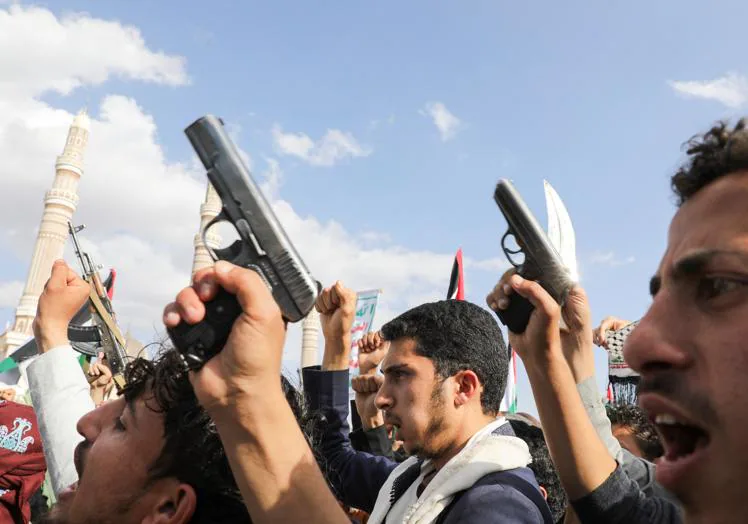
Houthis demonstrate in the Yemeni capital, Sanaa, in favor of the rebels,
Reuters
Washington has supported Saudi Arabia in the conflict that confronts the country with the Houthis, to whom Trump labeled 'terrorists' that Biden later withdrew, but the Persian Gulf kingdom has been unable to materialize the quick victory that he predicted with Operation Decisive Storm of 2015. «It's a disaster. It does not have the capacity to stabilize the southern border,” says Núñez.
In parallel, Donald Trump made a strategic mistake by ending the Iran nuclear deal. «Now he tries to deter an American attack by activating pawns where he can. The Houthis are a part of that axis of resistance. And, unlike North Korea, it does not have the deterrent element of an atomic bomb, Iran emphasizes uranium enrichment,” explains Núñez.
However, the co-director of the IECAH does not believe that Iran wants to escalate the situation. “It is not forcing Israel to diversify its forces on different fronts,” he notes. What he is not so clear about is that the United States also seeks peace. «Pedro Sánchez does not want to participate in the Red Sea operation because it seems that the objective is not only to protect maritime traffic but to take advantage of the deployment to attack the Houthis in Yemen, which could lead to an escalation of violence. And Spain does not want to get involved there,” says Núñez. However, he recognizes that the operation led by the American Navy can solve traffic problems. “Insurance will make premiums more expensive, but traffic will not be blocked,” he predicts.
The founder of the transport platform Freightos, the British-Israeli Zvi Schreiber, foresees a specific increase in costs. «Freight rates have already risen by 30%, but it is not particularly dramatic because the maritime transport sector is very volatile. The problem is that they threaten to go from $1,600 to $4,000, and that is substantial. “If the price stays that high for a long time, it could be passed on to consumers,” he commented in an interview with the BBC. “The positive thing is that we are in the low season, because the high season is what occurs before Christmas, and there is sufficient capacity, not as happened with Covid or when the Ever Given blocked the Suez Canal,” he added.
#Gaza #war #spreads #Red #Sea #brings #United #States #Iran #face #face
